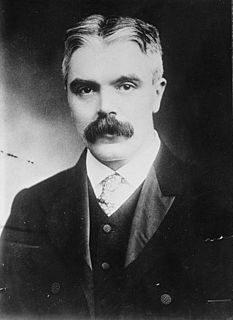A Quote by Reza Aslan
The idea of literalism in the Bible is a very new phenomenon. In many ways, it's a product of the scientific revolution.
Quote Topics
Related Quotes
There is no one kind of thing that we 'perceive' but many different kinds, the number being reducible if at all by scientific investigation and not by philosophy: pens are in many ways though not in all ways unlike rainbows, which are in many ways though not in all ways unlike after-images, which in turn are in many ways but not in all ways unlike pictures on the cinema-screen--and so on.
On the first page of the Bible there is an instance of how literalism is but an invitation to transcend the image to which literalism points. That first page is not geology, biology or paleontology; it is high religion. For there we are told who we are in terms of our constititutive text. And if we could understand that, we would worrying about whether the antelopes or the cantaloupes came in a certain order.
I let go of the notion that the Bible is a divine product. I learned that it is a human cultural product, the product of two ancient communities, biblical Israel and early Christianity. As such, it contained their understandings and affirmations, not statements coming directly or somewhat directly from God. . . . I realized that whatever "divine revelation" and the "inspiration of the Bible" meant (if they meant anything), they did not mean that the Bible was a divine product with divine authority.
Even revolution, which transforms a concrete situation of oppression by establishing the process of liberation, must confront this phenomenon. Many of the oppressed who directly or indirectly participate in revolution intend - conditioned by the myths of the old order - to make it their private revolution. The shadow of their former oppressor is still cast over them.






































